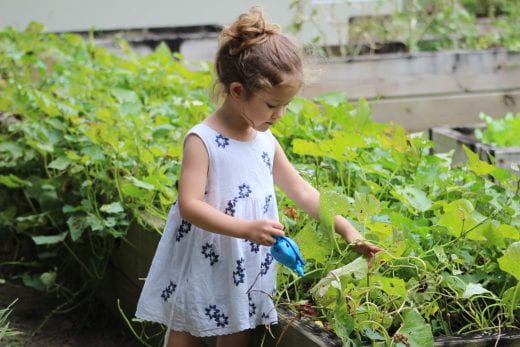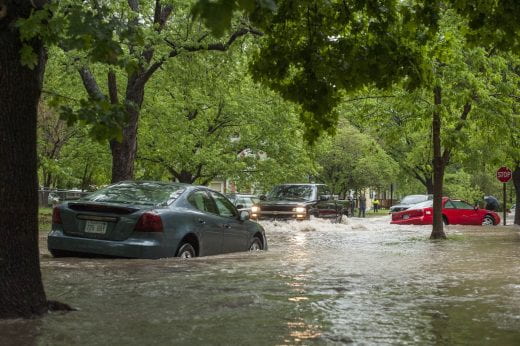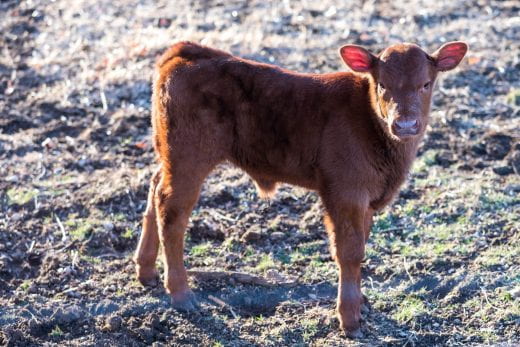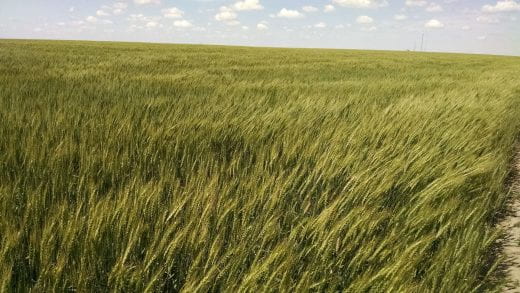In this week’s Better Kansas, I delve into gardening with children, preparing for emergencies, metals in soils, calf health and a follow up on spring wheat in northwest Kansas. This is a small glimpse of what K-State Research and Extension across the state has to offer. Share on social media and subscribe! – Mary Lou Peter mlpeter@ksu.edu
Better Living, Better Communities
IF YOU KNOW KIDS, CHANCES ARE YOU KNOW A PICKY EATER. I’ve often heard that if children help grow their own food, they’re more likely to at least try those brussels sprouts and broccoli. That’s just one of the potential benefits to including children in the process, from planning the garden design, to helping pick what fruit and vegetables to grow, to watering, pulling weeds and more. And hey, it gets them outdoors and away from electronics. Take a look at Gardening 9-1-1: Kids in the Garden for more information.
I ONCE WROTE “LIVING IN THE HEARTLAND IS NOT FOR THE FAINT OF HEART.” We here in Kansas are reminded of that over and over, especially this time of year. Severe thunderstorms, strong winds, flooding and tornadoes are nothing new to us and always something to be mindful of and prepared for. The Prepare Kansas blog is an easy and visually interesting way to help all Kansans be better prepared for whatever might come our way. I realized how accustomed I’d grown to our natural disasters when someone reminded me that college students coming to Kansas from other states or countries may be completely unfamiliar with tornadoes and the siren systems in many communities. Before we know it, we’ll be talking about ice and snow. We ARE a hardy bunch!
Better Farming, Ranching and Gardening
THE EXPRESSION “HEAVY METAL” might conjure thoughts of Radiohead or Metallica, unless of course you’re growing plants. In that case, heavy metal is more likely to mean metals found in garden soil. It’s not common and usually not an issue but metals including lead, cadmium, arsenic and others can be found in some soils. Read Heavy Metals in the Soil and Garden for more information. The best way to learn about your soil, including more common tests for pH, phosphorus, potassium and nitrate which can be performed by the K-State Soil Testing Lab. Samples can be submitted through the extension office in your area. Read about the lab’s services online for more information.
ONE OF THE JOYS OF DRIVING ACROSS KANSAS IN SPRING IS SEEING COWS AND THEIR NEW CALVES dot the landscape. But young calves, particularly, are susceptible to scours (what we non-bovines call diarrhea) in those early days of life. The condition can cause metabolic acidosis and can be fatal if not promptly treated. A recent Cattle Chat article and podcast by veterinarians at the Beef Cattle Institute cover the topic with tips to help keep your calves safe.
A FEW WEEKS AGO I WROTE ABOUT THE PROSPECT OF GROWING SPRING WHEAT in northwest Kansas. Since then, I came across this article by one of our agriculture and natural resources agents in the Twin Creeks Extension District, which includes four counties, two of which border Husker country. It gets into some of the details that we know so far about this potential alternative crop for farmers, including that seeding rates need to be higher, compared with the winter wheat varieties we traditionally grow, and that heat stress would be more detrimental to spring wheat than winter wheat.
—
For more resources and activities, contact the K-State Research and Extension office in your area. Check out our other blogs and subscribe to our weekly emails here: https://www.ksre.k-state.edu/news/blogs/






